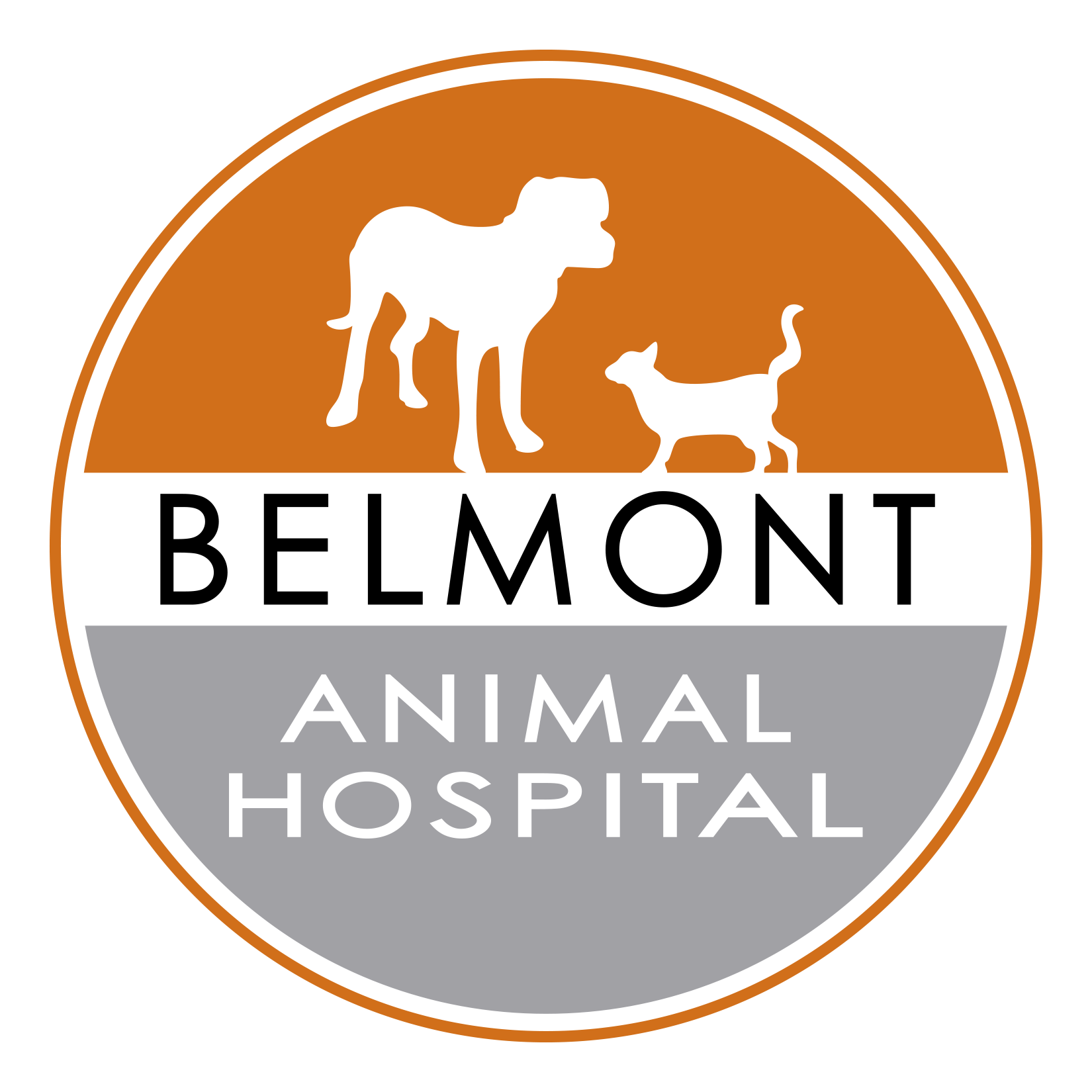Emergency Pet Services in Nashville, TN
As with many aspects of our lives, the veterinary community has experienced an enormous amount of change and growth over the last year. Across the entire country, veterinary hospitals continue to see record-breaking levels of demand for pet care due to a number of factors. This increased need has exacerbated the existing shortage of veterinary professionals and hospitals are working tirelessly to hire additional staff to meet these demands. In a time of so much uncertainty, we want to give our clients some guidance on how to handle any potential emergency situations with their pets.
Who To Call During a Pet Emergency
During business hours, if you are concerned about your pet’s health or feel they may be experiencing an emergency, please call us so that our team can assess the urgency of your pet’s condition and determine the best course of action. Depending on the severity of your pet’s condition, we may offer a same-day urgent care appointment at our hospital or refer you to one of the nearby emergency hospitals if we believe your pet may require more advanced care than our hospital is equipped to provide.
Outside of our business hours, if you are concerned about your pet, please contact your local emergency hospital.
PLEASE NOTE: Due to the unprecedented high volume of cases, the emergency hospitals are experiencing extremely high volumes of patients and long wait times (anywhere from 2 to 6 hours) as they have reached maximum capacity. They are still providing optimal care and are working very hard to ensure that they can see as many emergencies as possible. That being said, if your pet is experiencing a life-threatening emergency, please take them to the most conveniently located emergency hospital IMMEDIATELY and they will be triaged and cared for by these skilled veterinarians and staff. We ask that our clients remain patient with our colleagues working at the emergency hospitals and offer them kindness if you have to bring your pet in for care.
Is It an Emergency?
Our veterinarians have compiled a quick reference list to help you determine when to seek care if your pet is unwell and we are closed. This is NOT intended to be a complete list of all emergency situations and is provided only as a guide to be used with your discretion. Trust your instinct and when in doubt, we recommend seeking medical attention at one of the emergency facilities previously mentioned.
Things that ARE emergencies:
- Trauma: hit by car, gunshot, high rise fall, etc
- House fires: burns or smoke inhalation
- Open fractures: visible bone
- Active bleeding
- Seizures: lasting more than 5 minutes or more than 1 seizure in 24hrs
- Inability to urinate
- Difficulty breathing: open mouth breathing in cats
- Allergic reactions: hives, swollen face, wheezing, etc
- Heat Stroke: typically after exercise on hot days, especially short nose breeds (bulldogs, pugs, etc) signs include panting, excessive drooling, vomiting, refusal to move
- Eye Issues: any trauma as well as bulging or protruding, especially in short nose breeds
- Unproductive vomiting/retching: in large breed dogs
- Collapse: inability to rise or dragging hind legs
- Diabetic pets: weakness, lethargy, stumbling, seizures
- Ingestion of non-prescribed medication or toxin
If your pet ingests a toxin or medication, please call ASPCA Poison Control to determine whether you need to seek veterinary care. Their center is staffed with veterinary toxicologists who will be able to advise you on the best plan of action. Be aware that there is an associated fee for this valuable service. CLICK HERE to visit their website.
Things that are NOT life-threatening or high-level emergencies:
- Torn toe nails
- Ear infections
- Chronic vomiting and/or diarrhea (duration >1wk)
- Chronic limping or mobility issues (duration >1wk)
- Itchy skin, hair loss, allergies
- Skin masses (lumps)
If You Think Your Pet Has Eaten Something Poisonous
Call us at 615-383-1000 immediately! If after hours, contact the ASPCA Animal Poison Control Center’s 24-hour hotline at (888) 426-4435. Trained toxicologists will consider the age and health of your pet, what was ingested, and then make a recommendation about what action should be taken.
Explore Our Complete List of Veterinary Services in Nashville, Tennessee
- Echocardiography
- Dermatology
- Ultrasound
- Senior Pet Care
- Pain Management
- In-House Laboratory
- Gastropexy
- Ophthalmology
- Surgery
- Pet Spaying and Neutering
- Vaccines for Pets
- Parasite Prevention
- Pet Wellness Exams
- Dental Care
- Nutrition
- Pet Orthopedic Surgery
- Radiology
- Microchipping
- International Health Certificates
What's Next
Call Us or Schedule an Appointment Online
Meet with a Doctor for an Initial Exam
Put a Plan Together for Your Pet

